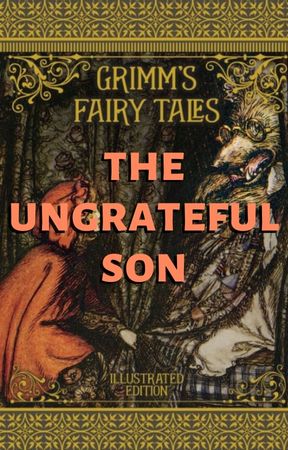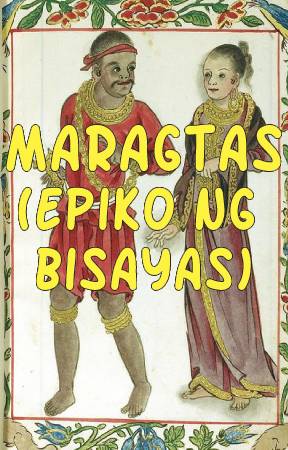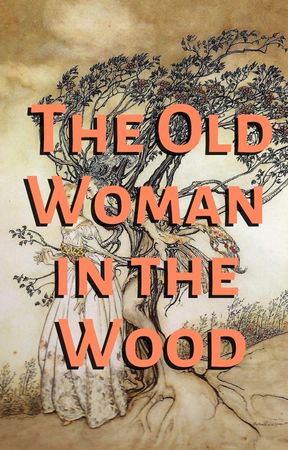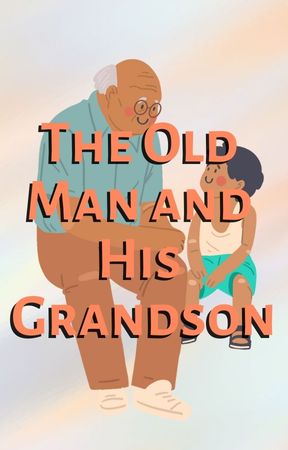Once upon a time, in a quiet village nestled between green meadows and gentle hills, there lived a family under one humble roof—a hardworking father, a kind mother, their bright-eyed little boy, and the father’s aged father, the old man.
The old man had grown very weak with the passage of time. His hands trembled when he reached for things, and his knees wobbled when he walked. His once-clear eyes had dimmed with age, and his hearing was now a fading echo of what it once was. Despite this, he had been a strong and proud man in his youth—once the very hands that now shook had built the house they lived in and tilled the soil that fed them all. But now, time had robbed him of his strength, and his family had forgotten the greatness he once carried.
Each day, they sat together at the table for meals. But the old man, with his shaking hands and blurry vision, struggled to eat. He would drop his spoon. The broth would drip down his chin. Sometimes, he even spilled his food on the table or onto the floor. The clatter of dishes and the mess he made began to wear on the patience of his son and daughter-in-law.
The woman would wrinkle her nose, muttering, “He’s such a nuisance,” while the man would sigh and say, “Something must be done about Father. He’s disturbing our meals.”
And so, they made a decision—not out of cruelty, but from discomfort and shame, perhaps even embarrassment. They set up a small table in the corner of the kitchen, far from the family’s dining table. There, the old man would sit alone during meals. He was given food in a clay bowl, plain and simple, while the rest of the family ate together at the big wooden table, laughing and talking as if he were no longer one of them.
The little boy, their son, watched all of this with wide, quiet eyes.
Then one day, tragedy struck in the form of a small accident. The old man’s trembling hands dropped the clay bowl, and it shattered on the floor. The soup spilled everywhere, and the bowl was broken beyond repair.
The daughter-in-law was furious. “If you can’t eat properly, then you don’t deserve a proper bowl!” she snapped. And so, the next day, they gave the old man a wooden trough—roughly carved, like one used to feed animals—and this was to be his dish for all meals.
The old man didn’t complain. He said nothing, only bowed his head, and continued eating in silence, his eyes full of sadness and loneliness.
But the little boy had been watching everything. He saw his grandfather sitting alone in the corner, eating from a wooden trough like a stray dog. He heard the angry words of his parents and saw the tears that never quite fell from the old man’s eyes.
One evening, the boy was busy with his hands, working diligently with some wooden pieces in the corner of the room. His father noticed and asked, “What are you making there, son?”
The boy looked up, his voice innocent and sincere. “I’m carving a wooden trough,” he said with a smile. “So that when you and Mama grow old, I’ll have something to feed you from.”
A silence fell across the room like a heavy curtain.
The words struck the parents like thunder. In that single moment, they were forced to see their actions through the eyes of their child—the same child they hoped to raise with kindness and respect. The mirror he held up to them reflected the cruelty they had not dared to acknowledge.
The father stood still, guilt rushing over him like a rising tide. The mother’s eyes welled with tears. They had not meant to be cruel, but their behavior had taught their son a terrible lesson—that the old and frail were burdens to be hidden away and fed like animals.
Without another word, the father gently took his father’s hand and led him back to the family table. They sat him down in the seat of honor, right beside them. They wiped his mouth with a cloth and gave him a clean bowl and spoon. From that day forward, they never again spoke a harsh word about his clumsiness. They showed him love, patience, and the dignity he deserved.
And the boy watched this too, his young heart filled with understanding—that even the weakest among us deserve kindness, that every person, no matter how old or frail, holds a place at the table of family.
The story of the old man and his grandson is a simple one, yet it carries a message as deep as the roots of the tallest oak. It reminds us that children learn from the actions of their elders more than from their words. It shows us that how we treat those who are weak and dependent—especially within our own families—reveals the true measure of our humanity.
In a world that often forgets the value of the elderly, this tale calls us back to compassion, urging us to remember that one day, we too will grow old—and we will hope for gentle hands and warm hearts to surround us.















